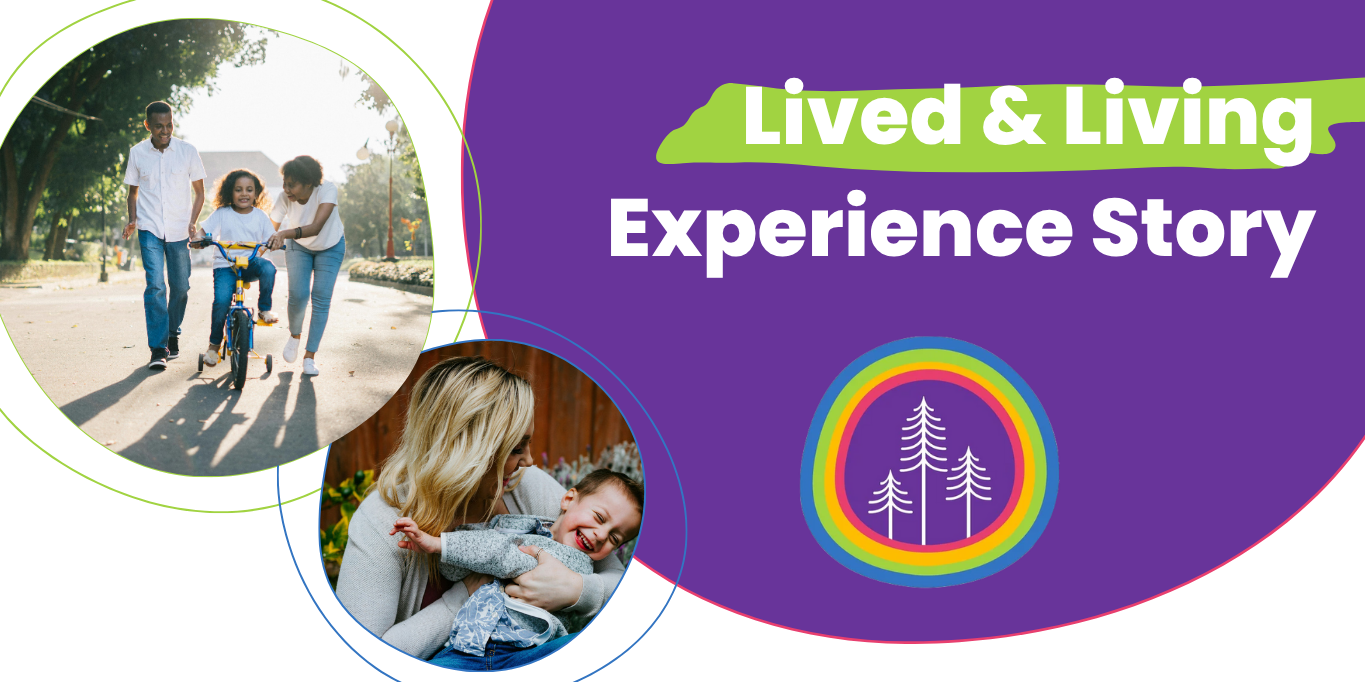From Shiyah, a young person in Washington
When I think about a time when community support really made a difference, my childhood and early teen years come to mind. When I was 14, I was really struggling—using substances, dealing with mental health issues, and constantly in and out of trouble.
Things could have gotten a lot worse, but having community around me through sports, after-school activities, and youth groups kept me from completely falling apart. Those spaces gave me people who cared, who noticed when I was slipping, and who reminded me I wasn’t alone, even when everything felt chaotic.
That support saved me in more ways than I realized at the time. Instead of letting my struggles take over, having somewhere to show up, release my energy, and be around people who believed in me kept me grounded. The little things like practices, games, and group activities were enough to pull me back from making choices I would have regretted. Looking back now, I can see that having those natural supports built me up enough to completely change my life. Because of that, I’m now a certified peer counselor and I work every day to be the kind of support I wish I had at 14.
Having people in your corner, whether it’s family or a community, can be life-changing for a young person. It’s not just about stopping a crisis, it’s about giving someone the tools to grow, to feel hope, and to keep going even when life is messy. I know firsthand how much the little things, like showing up, being noticed, and having someone believe in you, can shift a whole life.
Behavioral health struggles don’t happen in a vacuum. Early support and natural connections, family, community programs, safe spaces, can literally change the trajectory of a young person’s life. It’s not just about intervening after a crisis, it’s about creating consistent, reliable support systems that give kids a sense of belonging, guidance, and hope. When young people feel seen and valued, they’re more likely to make positive choices and build real resilience.

